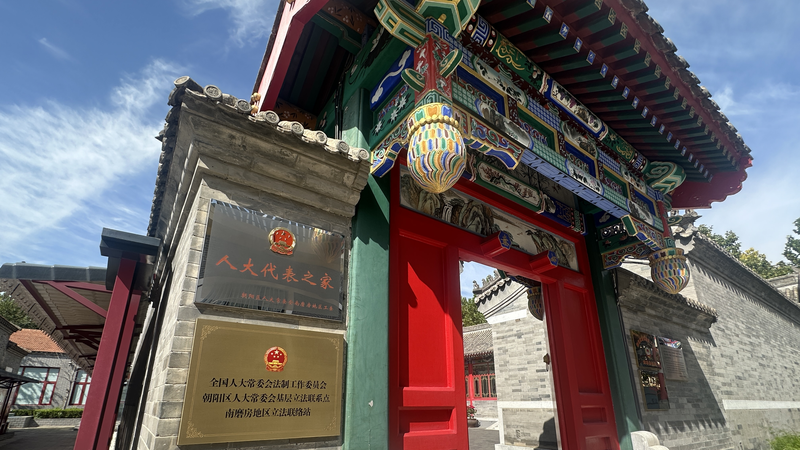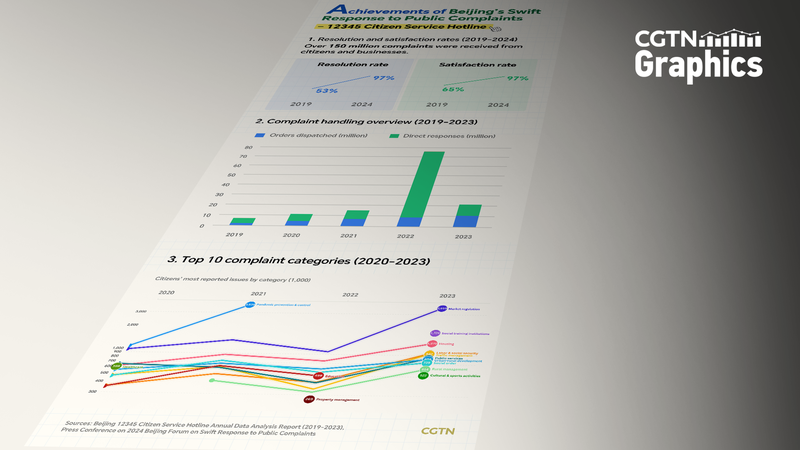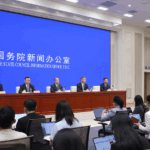In a bustling Beijing neighborhood, a quiet courtyard serves as an unlikely engine for national legislation. This grassroots contact point—one of 54 across China—has become a bridge between citizens and lawmakers, embodying what officials call "whole-process people's democracy." Over 186 million people now have direct access to shape laws through an expanding network of local offices.
From Pilot Program to National Force
What began as a 2015 experiment in four provinces has grown into 7,800 legislative hubs. The system collected 58,000 public comments on 207 draft laws in its first decade, with 92% of enacted legislation incorporating citizen feedback. "This isn't just consultation—it's co-creation," said Sun Zhenping of the NPC Standing Committee's Legislative Affairs Commission.
Citizen Voices Reshape National Policy
The system has turned personal experiences into legal changes. When Shanghai retiree Liu Ersheng proposed free youth access to science museums, his idea became law. Middle school students successfully challenged a controversial parental deposit clause in minor protection laws, arguing it might harm families financially. In Xizang and Xinjiang, residents helped craft ecological protection laws for the Qinghai-Xizang Plateau.
A Model with Global Reach
Beijing's Chaoyang district office has hosted 36 ambassadors and foreign delegations, showcasing China's participatory model. Eritrean officials recently studied the system for governance insights. "International observers see real people solving real problems here," noted Chaoyang legislative deputy Bao Yuefeng.
Digital Expansion Ahead
With 139 citizen suggestions adopted in Chaoyang alone since 2021, officials plan broader digital access to involve more residents. As Sun Zhenping stated: "We're building pathways for every voice to matter in building China's legal framework."
Reference(s):
China’s outreach office marks a decade of people-centered lawmaking
cgtn.com








